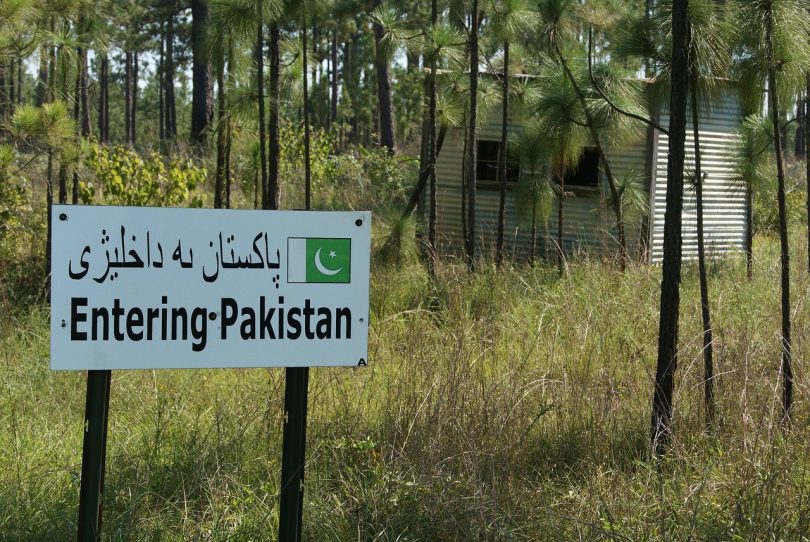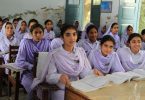
Courtesy of Hswajid via Pixaby
Reported with the assistance of Attaullah Khan and Zeenat Bibi, from The University of Peshawar.
The work of a foreign correspondent can be dangerous and difficult, reporting from politically unstable and volatile regions to deliver stories that the international media would otherwise miss.
Fixers are local citizens, often journalists themselves, who lend their local knowledge and translation skills to foreign correspondents and for this can be seen to be working with the enemy, ultimately putting their lives in danger.
The work of fixers in areas like Pakistan is invaluable to foreign reporters, and despite the danger involved, local journalists have been eager to assist international stories.
The potential of exciting work and higher wages has appealed to a number of local Pakistani journalists.
Local Pakistani journalist and fixer Abdul Qayyum Afridi is based in the Federally Administered Tribal Areas (FATA) of Pakistan, a region bordering several provinces of Afghanistan.

Courtesy of FATA Reforms vis VisualHunt
Mr Afridi, who has contributed to many stories on cross-border issues, said that he worked with international editors to earn “a handsome amount”, despite the significant danger involved.
“There is a danger hanging around me and I’ve sensed it many times that filing a story could cause me harm,” Mr Afridi said.
“But earning a name in international media is my aim because they pay handsomely compared to local media outlets.”
Peshawar journalist and writer for the Friday Times Abdur Rauf Yousafzai covered the Osama Bin Laden assassination and said that he loved gathering stories for internal media organisations.
Mr Yousafzai interviewed controversial Afghanistan political leader Gulbuddin Hekmatyar for the Telegraph in 2013, and said while the interview “was a thrill”, it was also like “embracing death”.
“Working with international media is something courageous and thrilling – it always needs dare … but it also endangers your life.”
While fixers are a boon for international media, the danger and perceived exploitation of the work has been criticized.

Courtesy of Public Domain Pictures via Pixaby
University of Peshawar journalism lecturer Syed Irfan Ashraf said the use of fixers means the reduction of local journalists and is exploitation by the elite Western media outlets.
Mr Ashraf said he was concerned about the collaborative newsgathering approach between fixers and international media organisations, which frequently relegated fixers to a default “sidekick” position.
Despite fixers taking on the majority of the work in reporting on important local stories, the “ultimate sovereign” in those collaborative projects was the foreign journalists, Mr Ashraf said.
“These local reporters are deprived of their editorial contribution to foreign stories and are reduced to logistical roles.”
Mr Ashraf said the commercial media treated local reporters as disposable and held no responsibility for the danger they were frequently exposed to.
Fixers were used as “metaphorical sandbags”, behind which foreign journalists reported on violence and unrest, Mr Ashraf said.
“Fixers are the bare bodies of journalism and are sent to places of risks and threats – they are disposable bodies representing the anomaly of frontline news production under capitalism.”
Despite these criticisms, the rise of social networking services has inevitably led to fixers being easier to contact than ever before.
Facebook groups, Internet forums and sites like World Fixer have made it simple for journalists to link up across the world, and collaborate on important international stories that would otherwise not have been heard by their local audiences.
Fixers have been central to cross-cultural reporting, and their contributions haven’t always been appropriately credited, creating an ethical question that every foreign correspondent should be asking themselves.
We would like to acknowledge the research and interviews conducted by Attaullah Khan and Zeenat Bibi and their contribution to this article.







